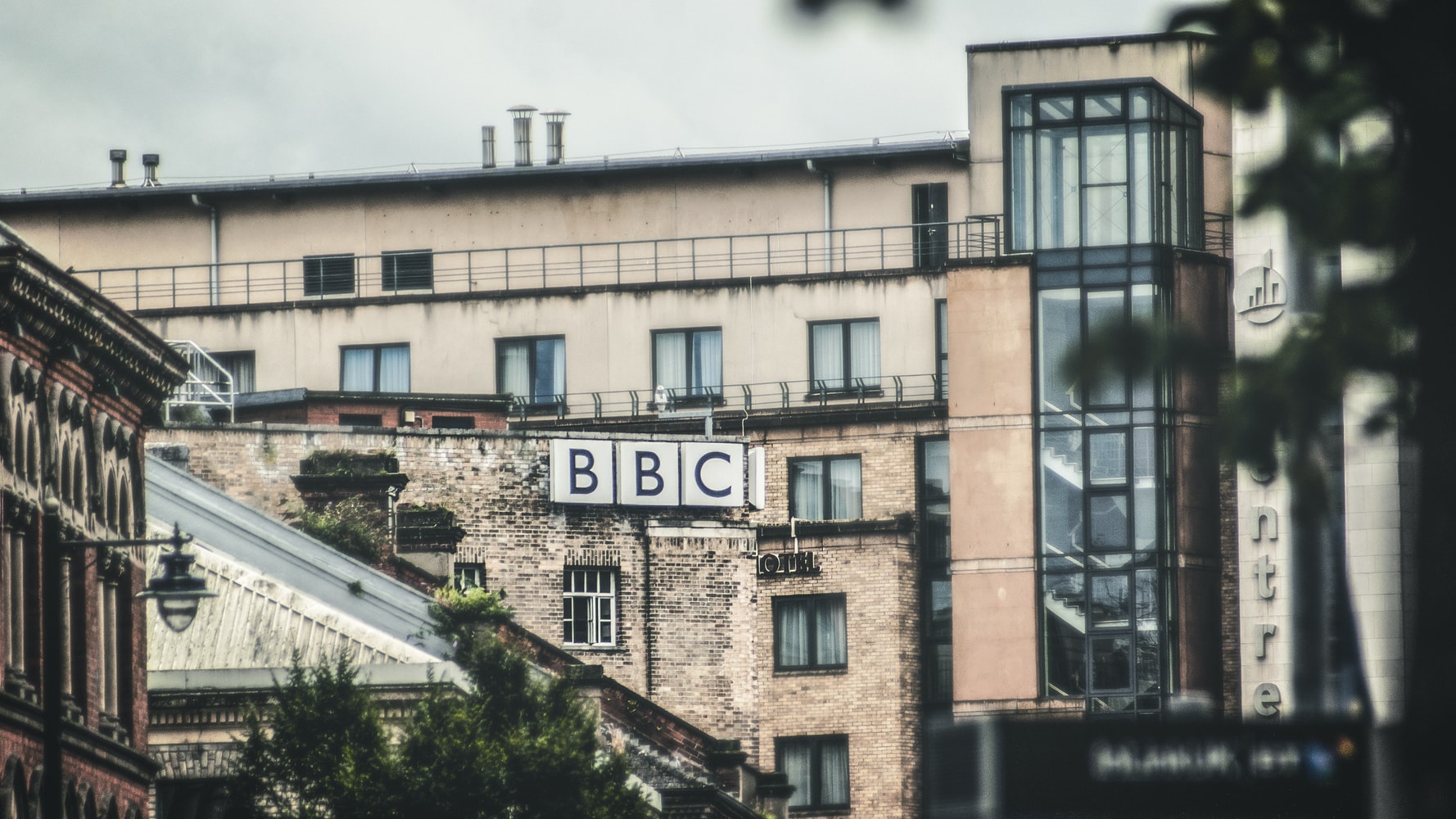The BBC has just released the annual disclosure of its top-earning stars’ salaries for the 2019/20 financial year, revealing the company’s choice to maintain its habit of giving out colossal salaries.
The promise that senior BBC stars have taken pay-cuts in the most recent instalment of the BBC rich list might be enough to deceive some that the company is making efforts to moderate its inflated salaries, but this is not the case.
In fact, whilst stars such as Gary Lineker have taken thousand-pound pay cuts, the overall salary bill has seen an increase. Unveiled in an extensive annual report delivered to the Digital, Culture, Media, and Sport select committee, the bill for BBC talent has risen to £144.6m and for executives, it has risen to a figure of £5.41m. In a time when unemployment is at an all-time low nationwide, a £5.95m increase in salaries seems all the more out of touch.
Criticism of the £12.88 monthly licensing fee that viewers are expected to pay is growing in the wake of the list’s release, as critics point out that this fee has provided the BBC with an income of £3.52 billion in 2019/20. Further criticism is coming now that the licence fee is being imposed on over-75s, whose money is going towards funding extravagant perks for BBC bosses such as a car and driver for the former director-general Tony Hall, as reported by the Taxpayers’ Alliance.
The alliance’s chief executive, John O’Connell, has called out the BBC stating that,
“it’s high time we axed the TV tax, introduced a subscription service and stopped taxpayers’ money going to these media millionaires”
and funding “pointless perks” at the expense of pensioners and struggling taxpayers. Shocking figures comparing median earnings at the BBC compared to the national medium – at a staggering 83% higher than national earnings – sheds further light on just how out of touch the organisation is.
Further controversy has arisen in the diversity of the talent on the rich list, with only four women and no POC in the top ten. In a year where the topic of racial inequality has come to a head, it feels disappointing that this industry leader is still very much focused on the talent it already has, albeit lacking diversity, rather than searching for and rewarding more diverse talent with a more even share of salaries. When BBC executives are included, the diversity statistics look even bleaker, with only 7 of both the 20 top-paid executives and BBC talent being women.
This comes as a loss for the BBC, whose former director-general Tony Hall promised to close the internal gender pay gap by 2020. This target was considered, both internally and externally, as a very aggressive one, and it is no surprise that the organisation has yet again failed to live up to its overzealous targets.
What is to come for the BBC in the coming months, as British coronavirus cases begin to climb back up again threatening even more economic strife? Although the company themselves too, have said to have struggled throughout the pandemic, it is unlikely that their struggle will extend itself into any sympathetic moves to alleviate those under economic stress from licensing fees any time soon.
Aoife Parker

